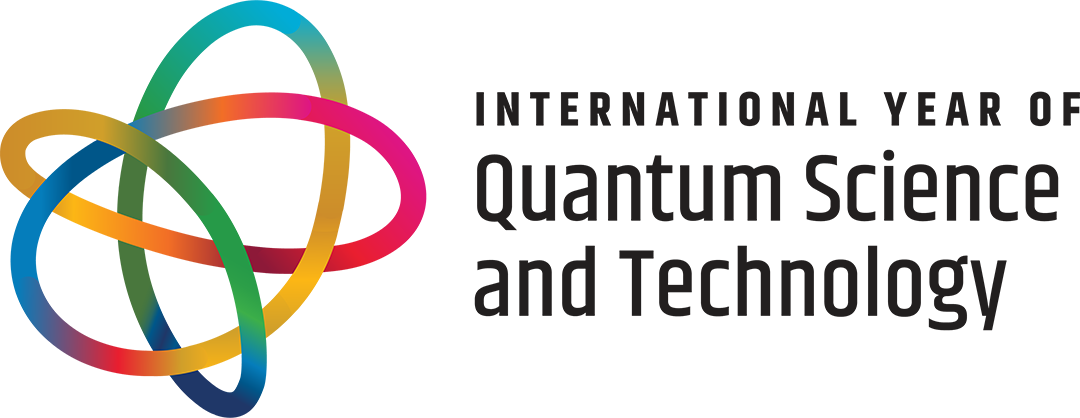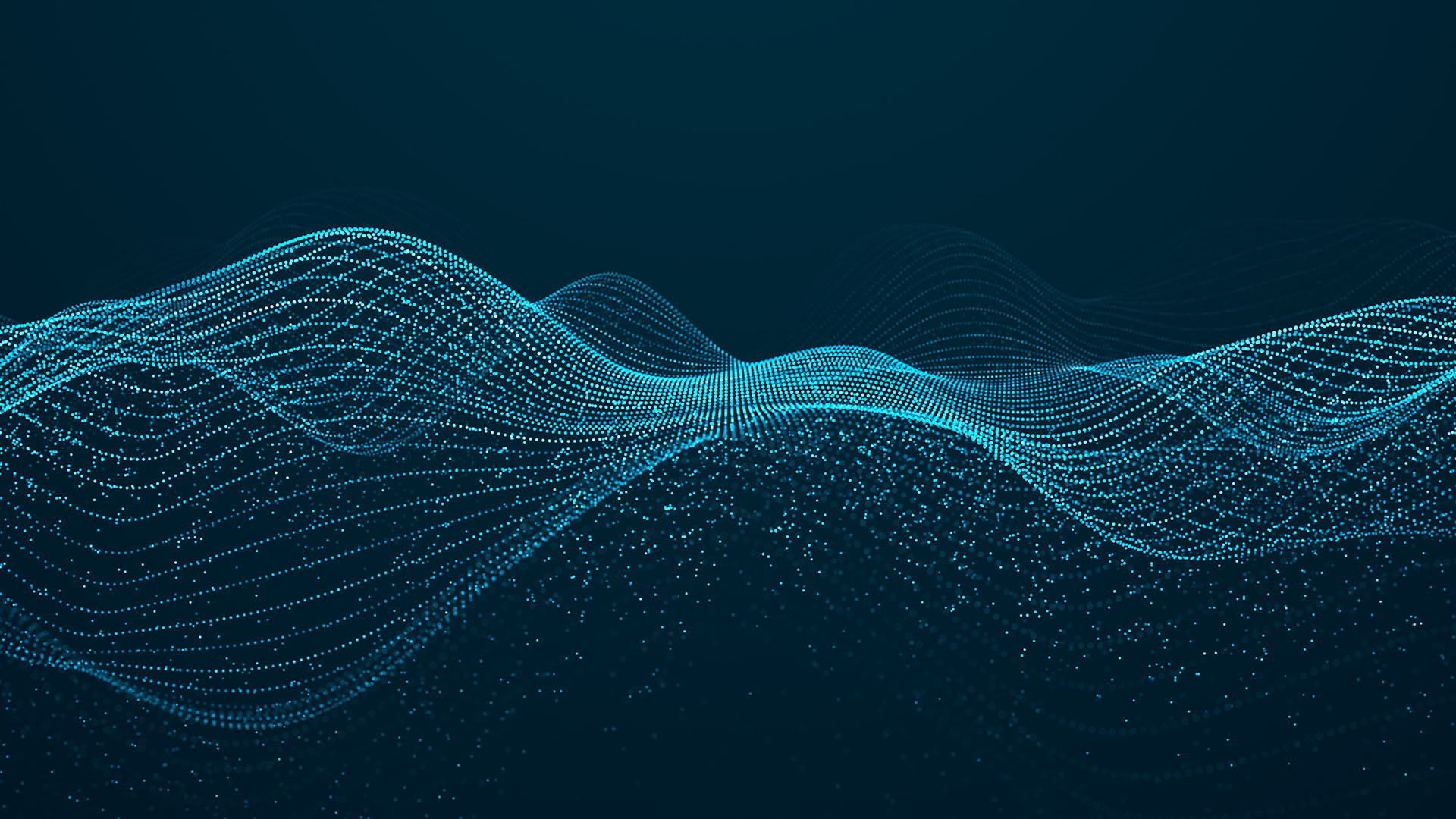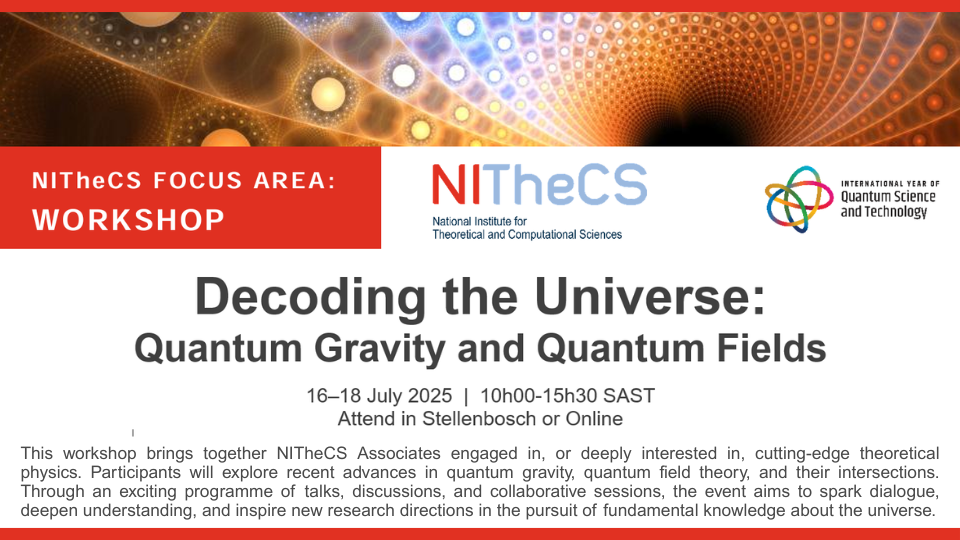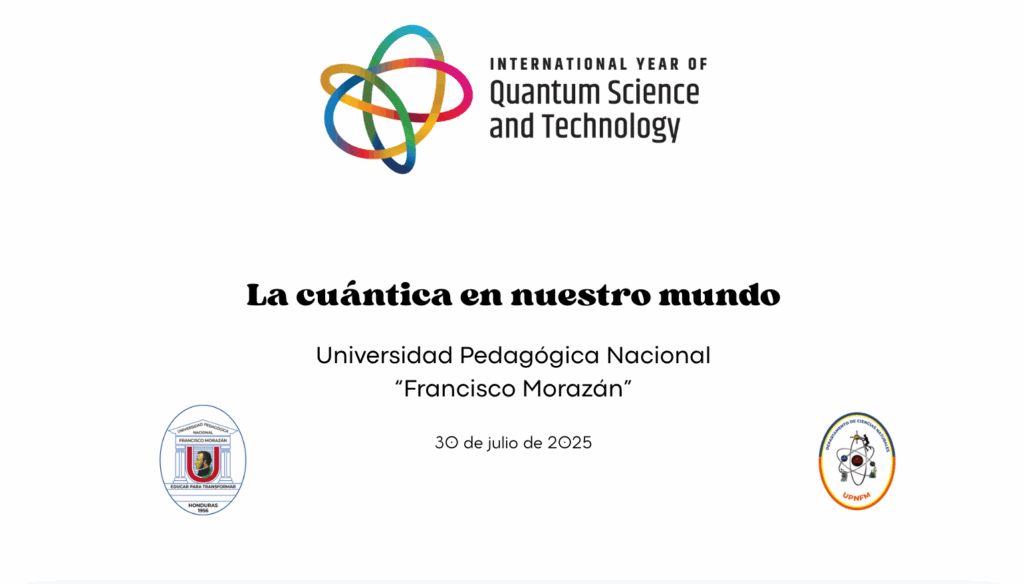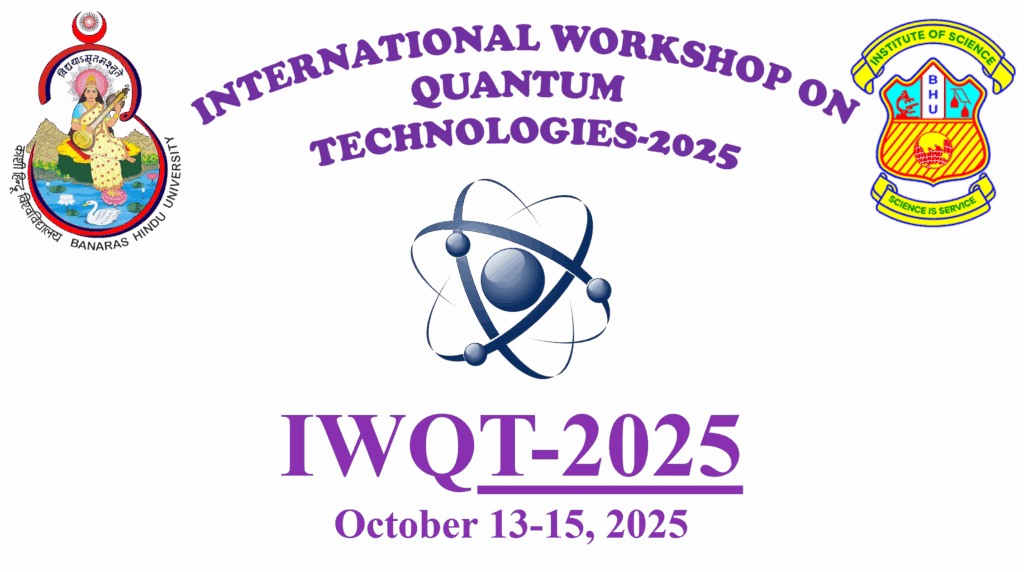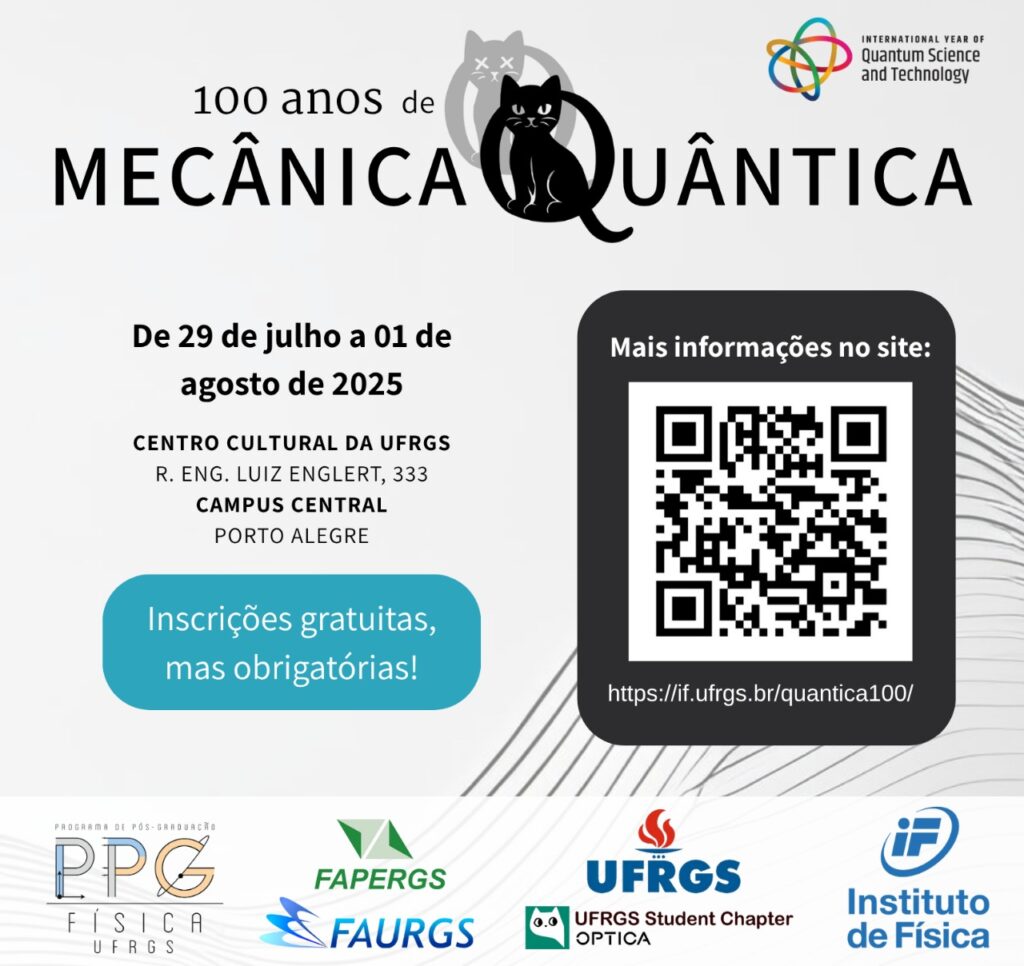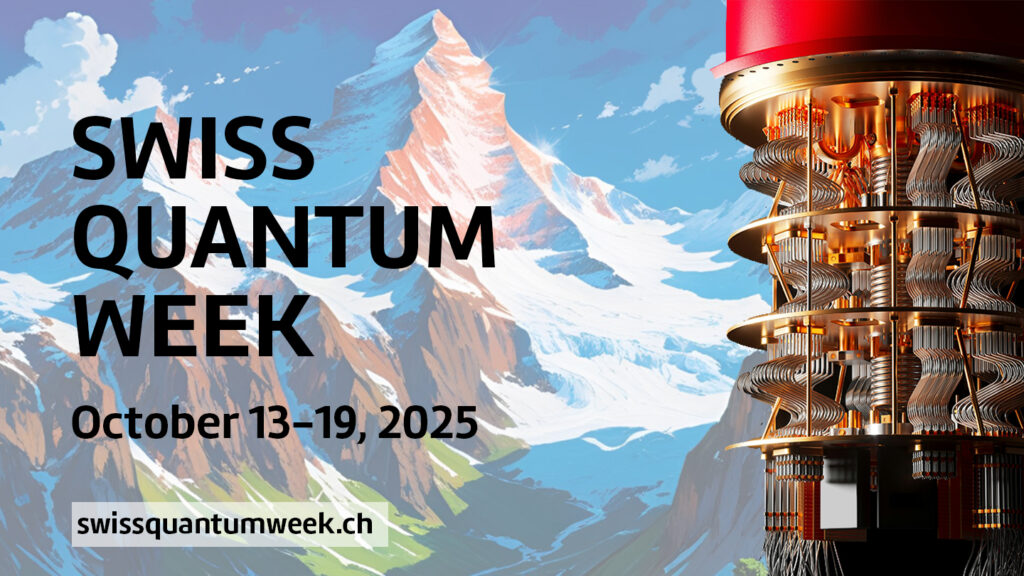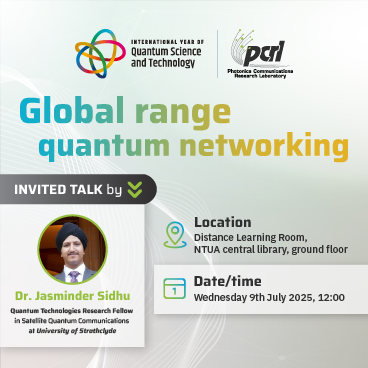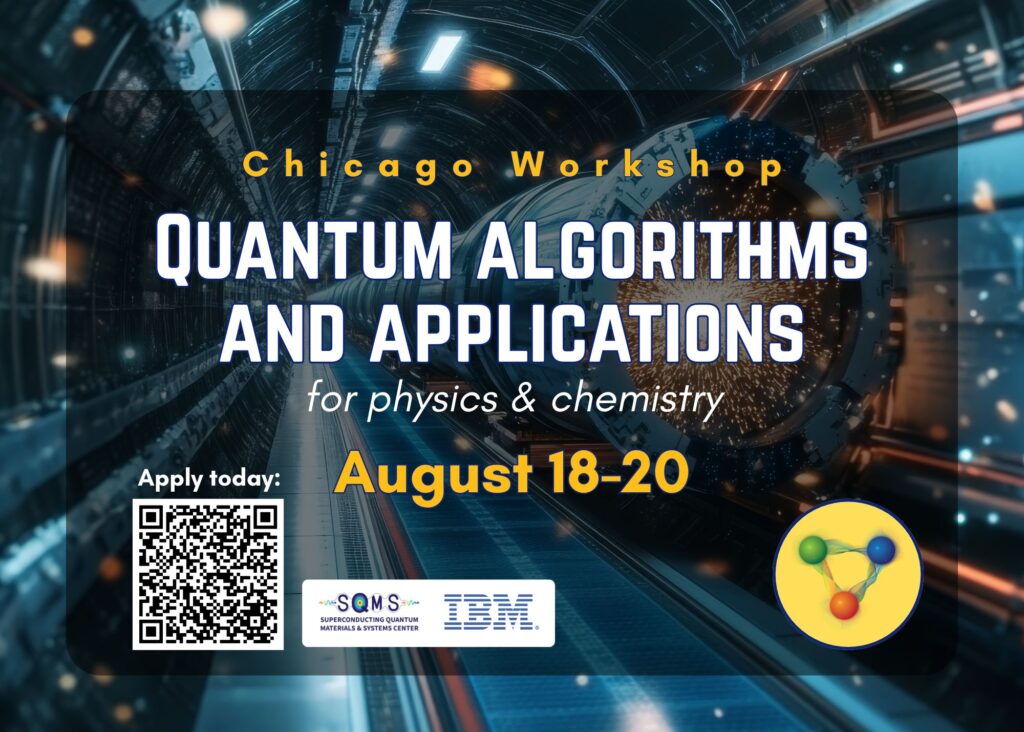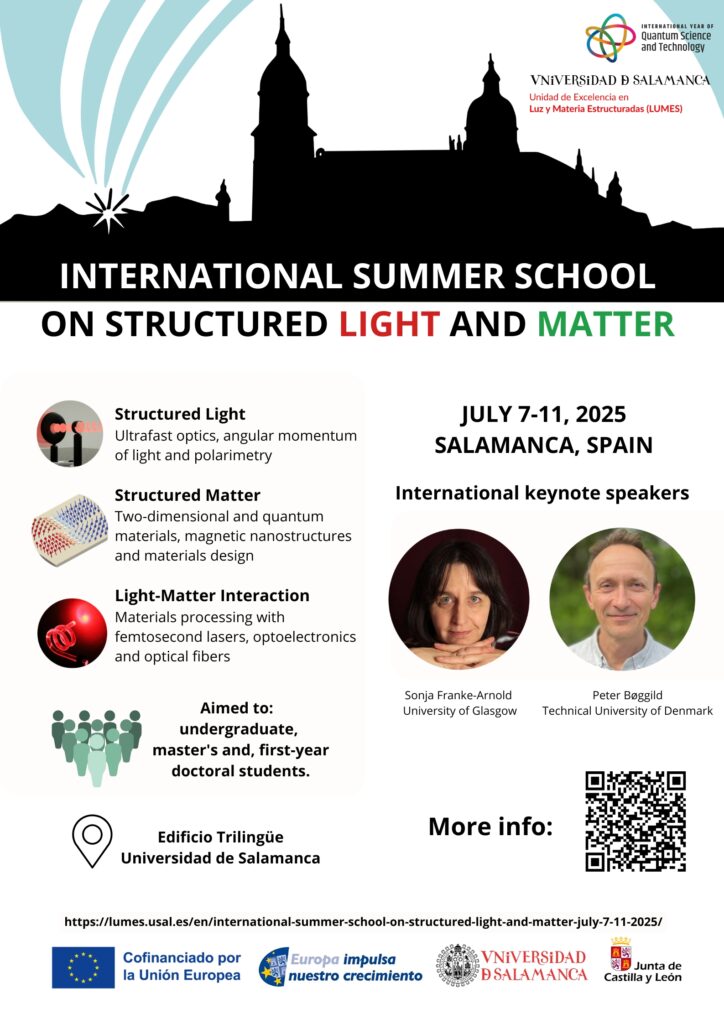This workshop will bring together NITheCS Associates engaged in, or deeply interested in, cutting-edge theoretical physics. Participants will explore recent advances in quantum gravity, quantum field theory, and their intersections. Through an exciting programme of talks, discussions, and collaborative sessions, the event aims to spark dialogue, deepen understanding, and inspire new research directions in the pursuit of fundamental knowledge about the universe.
Cosmic Voyages, Quantum Journeys
Join us for a captivating afternoon that brings science and art together through a reading from the new book Two Revolutions: Einstein’s Relativity and Quantum Physics, jointly authored by the late black hole physicist C. V. Vishveshwara and his daughter, theoretical physicist Smitha Vishveshwara. The book explores the twin revolutions of Einstein’s relativity and quantum physics, woven through personal reflections and imaginative storytelling. The event will feature artists and physicists sharing science, dramatized dialogues spanning themes from the quantum to the cosmic, and a dance performance that interprets the story of the Universe and the rhythm of scientific discovery through movement.
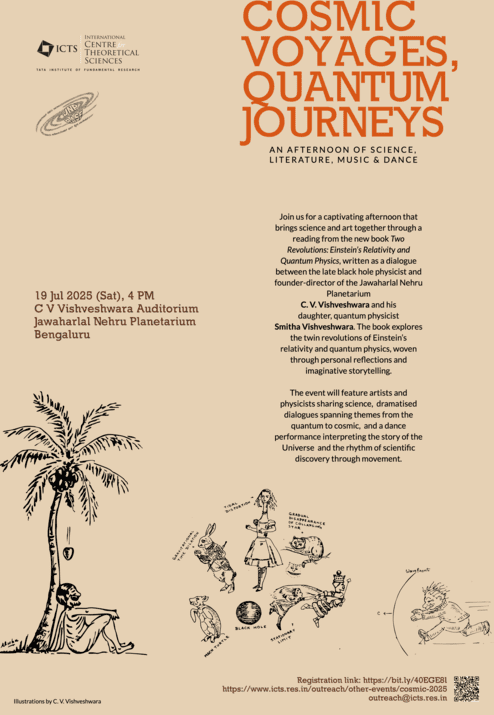
Book reading: Vijay Padaki (Theatre Educator & Playwright), Minti Jain (Theatre Educator & Actor), Dr B S Shylaja (Former Director, JNP), Sri Pramod G Galgali (Former Director, JNP), Sri H R Madhusudana (Visiting Faculty, JNP), and Smitha Vishveshwara (Quantum physicist & author)
Interpretive dance: Suma Krishnamurthy (Bharathanatyam Dancer)
Music: Lavanya Krishnamurthy (Karnatak Musician)
Guest scientists: Parameswaran Ajith (Astrophysicist)
Anchor: Prajval Shastri (Astrophysicist)
C. V. Vishveshwara was a theoretical physicist, affectionately known as the “Black Hole Man of India.” He is best known for his discovery of the “quasi-normal modes” of black holes — vibrational modes of black holes that are analogous to the ringdown of a bell. His predictions were confirmed by the recent observations of gravitational waves. A well-known author and cartoonist, he was the founding director of the Jawaharlal Nehru Planetarium in Bengaluru.
Smitha Vishveshwara is a theoretical physicist at the University of Illinois Urbana-Champaign, known for her work at the interface of condensed matter physics and quantum phenomena. She is also known for her creative approaches to science communication, blending physics with music, theatre, and storytelling to make complex ideas accessible to broad audiences.
La Cuántica en Nuestro Mundo
El Departamento de Ciencias Naturales de la Universidad Pedagógica Nacional “Francisco Morazán” tiene el agrado de invitarles a “La Cuántica en Nuestro Mundo”, un evento dedicado a explorar los misterios y aplicaciones de la ciencia cuántica.
A lo largo del día, sumérgete en una serie de charlas magistrales de 45 minutos que abordarán temas como la dualidad onda-partícula, la evolución de nuestra comprensión del átomo, el impacto de los puntos cuánticos, el prometedor futuro de la computación cuántica y la relevancia de la seguridad radiológica en este campo.
Además, podrás apreciar una exposición de pósteres que ilustra la evolución histórica de la ciencia cuántica, ofreciendo una perspectiva visual y educativa sobre sus hitos y descubrimientos clave. Para una experiencia más interactiva, tendremos visitas guiadas al laboratorio de física, donde podrás presenciar directamente un fenómeno cuántico: los espectros de emisión de gases.
Quantum Science and Technology Club’s Lecture Series
International Workshop on Quantum Technologies-2025 (IWQT-2025)
This workshop will serve as a dynamic forum for the exchange of knowledge, the encouragement of interdisciplinary collaboration, and the advancement of cutting-edge verticals within quantum technologies, including quantum computation, quantum communication, quantum sensing and metrology, quantum materials, modern spectroscopy, and quantum-enhanced interferometry for gravitational and precision measurements.
Key themes to be explored at IWQT-2025 include:
- Quantum Computation
- Quantum Communication
- Quantum Sensing and Metrology
- Quantum Materials
- Modern Spectroscopy
- Gravitational Wave Astronomy
The workshop will feature keynote addresses and tutorials by world-renowned quantum physicists, along with technical sessions showcasing the latest advancements and experimental breakthroughs. Special sessions will be dedicated to oral and poster competitions, providing a platform for emerging researchers to present their work and gain valuable feedback.
Opportunities for interdisciplinary networking and collaborative engagement will be central to IWQT-2025, supporting the formation of new partnerships and the nurturing of next-generation quantum technologies.
By bridging expertise across academia, industry, and policy, IWQT-2025 aims to accelerate the journey from quantum principles to real-world applications—inspiring the innovations that will define the future.
100 Anos da Mecânica Quântica
A commemorative event of the 100th anniversary of quantum mechanics was organized at the Physics Institute of the Universidade Federal do Rio Grande do Sul, Porto Alegre, Brazil. A series of colloquia and mini-courses at the student-level, combined with a night event, Pint-of-Science-like, for the general public. No fees, but entrance is limited by the size of the corresponding places.
Swiss Quantum Week 2025
To mark the 100th anniversary of quantum science and technology, UNESCO has declared 2025 the International Year of Quantum Science and Technology. As part of this global celebration, members of Swiss academic institutions, the Swiss quantum industry, and science diplomacy and policymaking have come together to launch the Swiss Quantum Week.
Driven by a mission to connect the diverse stakeholders and users of quantum science and technology—from ecosystem builders and policymakers to researchers, students, and entrepreneurs—Swiss Quantum Week builds on the strengths of established, well-attended events such as QIDiS and the GESDA Summit to create a cohesive platform that includes:
• Swissnex Quantum Summit
• Quantum Industry Day in Switzerland
• The annual GESDA Summit
• Open Quantum Institute in-person gathering
• QAI Quantum Hackathon
• A Quantum Outreach Day for families and the general public
Each event is designed for a specific audience, while encouraging cross-sector dialogue and international collaboration. Swiss Quantum Week aims to broaden perspectives, foster meaningful connections, and strengthen the Swiss and global quantum landscape.
Global Range Quantum Networking
In his talk, Dr Sidhu will present recent advances across the quantum networking stack—from hardware and protocols enabling global quantum communications to the role of entanglement distribution and quantum memories. He will also share perspectives on near-term open questions and challenges in the field.
Dr Sidhu is a leading researcher in satellite-based quantum communications and one-shot quantum information theory, working at the forefront of UK’s Quantum Technologies Programme.
Join us for an exciting discussion on the future of quantum networking!
Workshop: Quantum Algorithms and Applications for Physics and Chemistry
The workshop comprises three tracks, plus a plenary session, including a hands-on introduction to quantum computing and Qiskit, a session on quantum education, and a deep dive into utilizing quantum computation for exploring problems in high-energy physics and chemistry.
This workshop is co-organized by Fermilab’s SQMS Center and IBM, with support from the University of Illinois, Chicago, and the Chicago Quantum Exchange. The event will be hosted at the University of Illinois, Chicago.
Track 1: The introduction to quantum computing and Qiskit track will cover the basics of quantum computing and the Qiskit library, a popular Python library for programming on actual quantum processing units. For those without a sufficient linear algebra background, an optional linear algebra session will be provided.
Track 2: The Quantum Education Track will focus on strategies and tools for teaching quantum computing within physics, computer science, mathematics, and other STEM disciplines. This track is for educators only.
Track 3: The utility-scale quantum computing track is intended for principal investigators, graduate students, and postdocs exploring quantum algorithms and applications research directions using 100+ qubit quantum computers.
International Summer School on Structured Light and Matter
Welcome to the first edition of the International Summer School on Structured Light and Matter, organized by the Unit of Excellence LUMES at the University of Salamanca. The school will take place from July 7 to 11 in Salamanca, Spain.
The Summer School offers a week of intensive, interdisciplinary training in three key areas of current research: structured light, structured matter, and light-matter interaction. The school features 11 courses spread over 36 teaching hours, carefully structured to offer participants an advanced and practical introduction to these topics. The program combines theoretical sessions, practical modules, keynote lectures delivered by international experts, and a special visit to the Center for Pulsed Lasers (CLPU), featuring 21 researchers from the Universidad de Salamanca.
As part of the event, we are pleased to host two plenary sessions delivered by leading international researchers (Open Entry).

